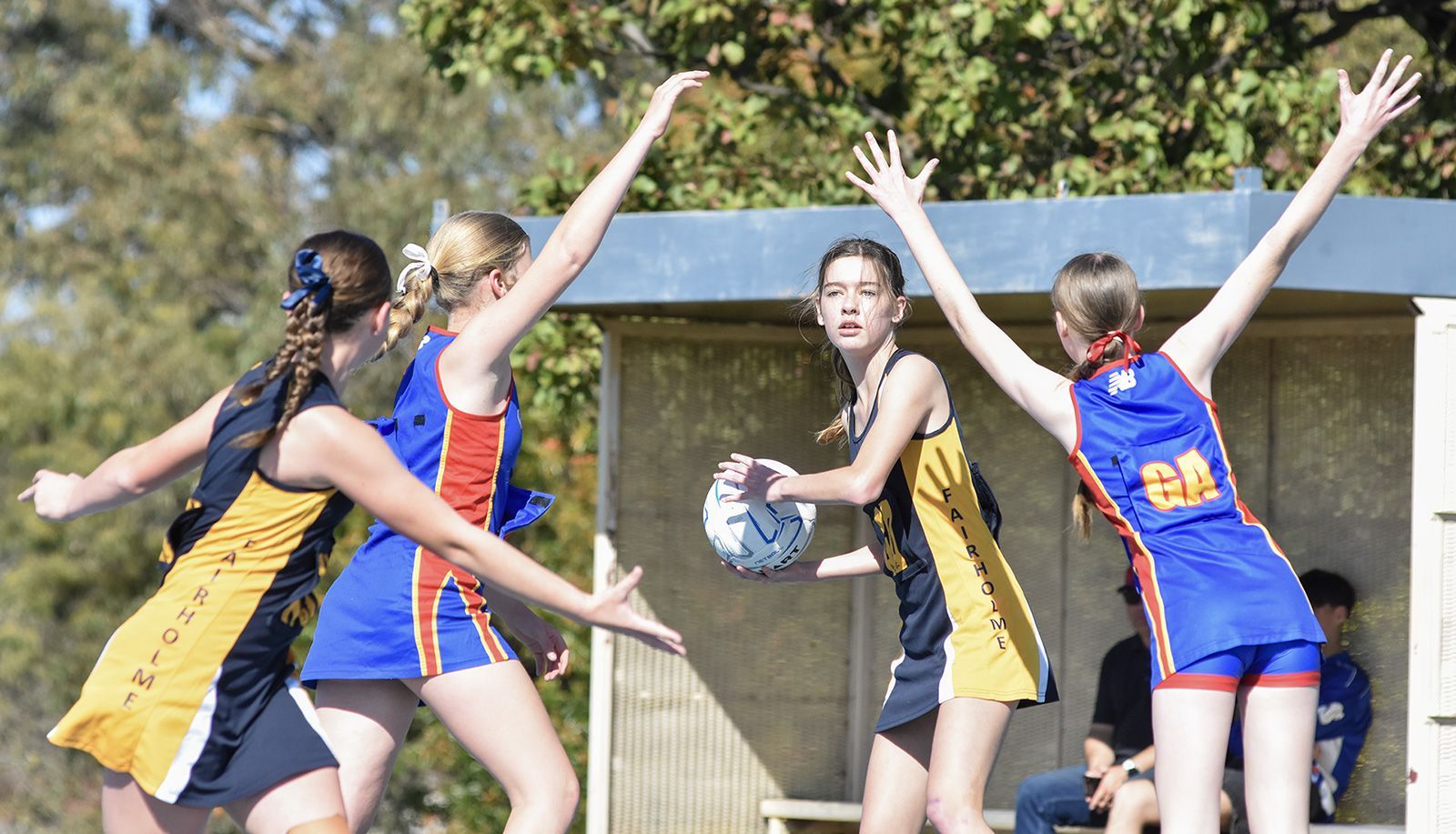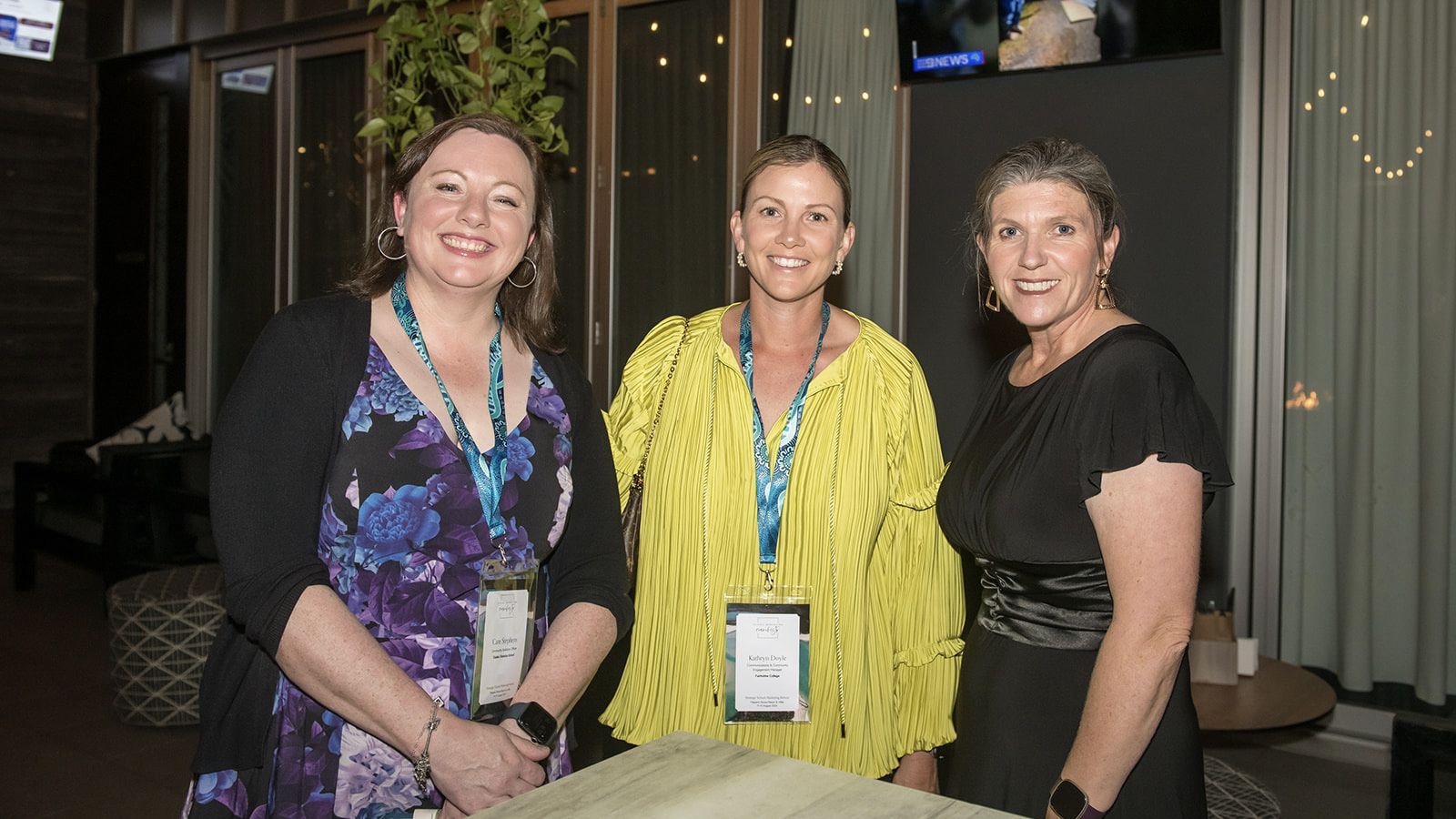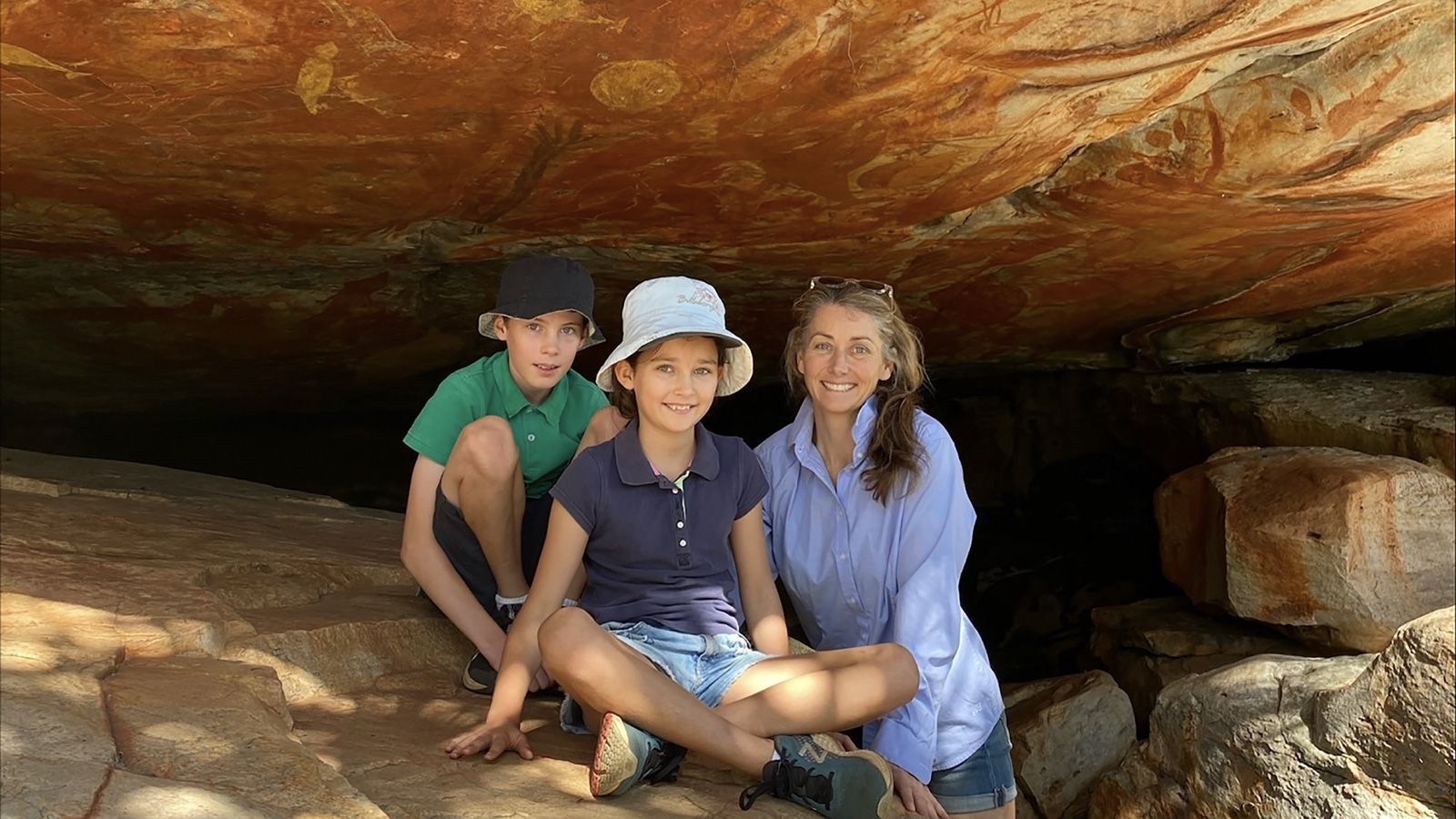Travel is not meant to be easy ...
‘We live in a wonderful world that is full of beauty, charm and adventure. There is no end to the adventures we can have if only we seek them with our eyes open.’ - Jawaharial Nehru
I am an avid traveller, as is my husband, and our children. Collectively, we prefer the less travelled path – Natalie and Mitchell venturing to places without paths, at times – the sort of places that cause mothers nightmares.
Upon return, people say – “A treehouse in San Mateo, Mexico: amazing!” “Wow! I’ve never even heard of Plovdiv.” “Where on earth is Lake Bohinj? No-one ever says – was it hard? The assumption is that travel is like a glorious event where all runs smoothly, to time, and without any moments of angst. Fortunately, not. Travel is a problem solving activity; it is often an act of compromise – particularly when travelling with others, and invariably a time of heart-wrenching highs and unexpected lows. Therein lies its richness: a time and place to grow through the juxtaposition of challenge and delight.
In travel, are a cumulation of moments that often can only be digested and appreciated in their entirety – after the event.
In 2013 my husband and I spent a month in Istanbul, living amongst locals in an apartment perched nearly 100 stairs above the narrow cobble stoned road below. We ate borek and drank Turkish tea each morning at a tiny café where no-one spoke English – staff or customers. We bought meat from a butcher with whom we had no shared language and purchased fresh bread, the reddest tomatoes, and sweetest cherries daily, from a ramshackle stall at the end of the road. Yet, the value of this opportunity, appeared subsequently, and upon reflection.
During the latter part of our stay, we were caught in the midst of civil turmoil. Our street was cordoned off by police. A nearby unit block was operating as a makeshift hospital. Tear gas became a cloud hovering above us. On the first day of the unrest, we had found ourselves locked in the train station with other bewildered commuters – cannons of tear gas had been fired. We panicked, fearful, frightened. Eventually, a door was pried open from outside and we crawled, on our stomachs, onto a street of chaos.
In the days that followed, the locals made sure we could access food, explained in broken English what the basis of the conflict was and kept us safe. Meanwhile, Smartraveller listed Turkey as a red zone and my family was urging us home. It wasn’t that easy to go – in fact, there was no access to our street at either end, unless on foot.
We were probably unaware of the depth of danger around us. Travel is not always easy, but I wouldn’t wish those weeks in Istanbul away, either. I wouldn’t wish away the kindness of strangers, the challenges, nor the entrée into Turkish politics that remains a fascination.
Like travel, the journey of finishing school is a problem-solving activity, it involves compromise, and it is often a time of heart-wrenching highs and unexpected lows – for Year 12s and their parents. Hopefully, Smarttraveller would not list it as a red zone – though, no doubt, those moments occur at times.
In their senior year, these young people are ‘becoming’ – becoming adults, and as they strive for and thrive on the prospect of independence they sometimes can ‘bite the hand that feeds them.’
Their post-school horizon often appears like a glorious event where all runs smoothly and anything holding them back from this utopian world where there will be no rules, and where decisions will be there’s entirely – is deemed cruel, archaic, dictatorial. Perhaps this is an exaggerated scenario but if you are raising an adolescent there will be moments like these – lest they are too comfortable or too entwined to leave the nest of home. To leave home, one must, in some way – muddy the nest.
Each will see their Â鶹ÊÓƵtime differently, at this juncture. For some, without the next destination in clear sight, they want to hold on – just a little longer. For others, the beckoning of a new, shiny, bright destination is all encompassing. Whichever, time is on its march forward and the finish line will be crossed on Friday 17 November.
March pasts, eisteddfodau, grand finals and debates will entwine with memories of common room lunches, teachers passionate about their subject, singing out of the Boarding House (again), falling in and out of friendships, too many assignments and Sess, with his camera – taking just one more shot.
The mundane and delightful will both take their place; they will be the things they will take away into their next journey, the things that will have their greatest meaning, later.
Ride out the whirlwind. Place yourself in circumstances where you can enjoy these strong young women, at their best.
Avoid the temptation to pander to every whim, in order to keep things steady – always, always, your thoughtful, wise, measured, adult voice, matters.
Like travel, finishing school is often best observed ‘after the event’, away from the intensity of the time and when perspective clambers its way into line of sight.
For now, as we start to grieve their leaving, take time to appreciate your own travel journey – look how far you too, have come.
There is a richness inherent in the metaphoric distance travelled, from treehouses in San Mateo, Mexico to Palm Drive, Fairholme. If there is to be
real growth, it’s not meant to be easy.
Dr Linda Evans | Principal
More News…






